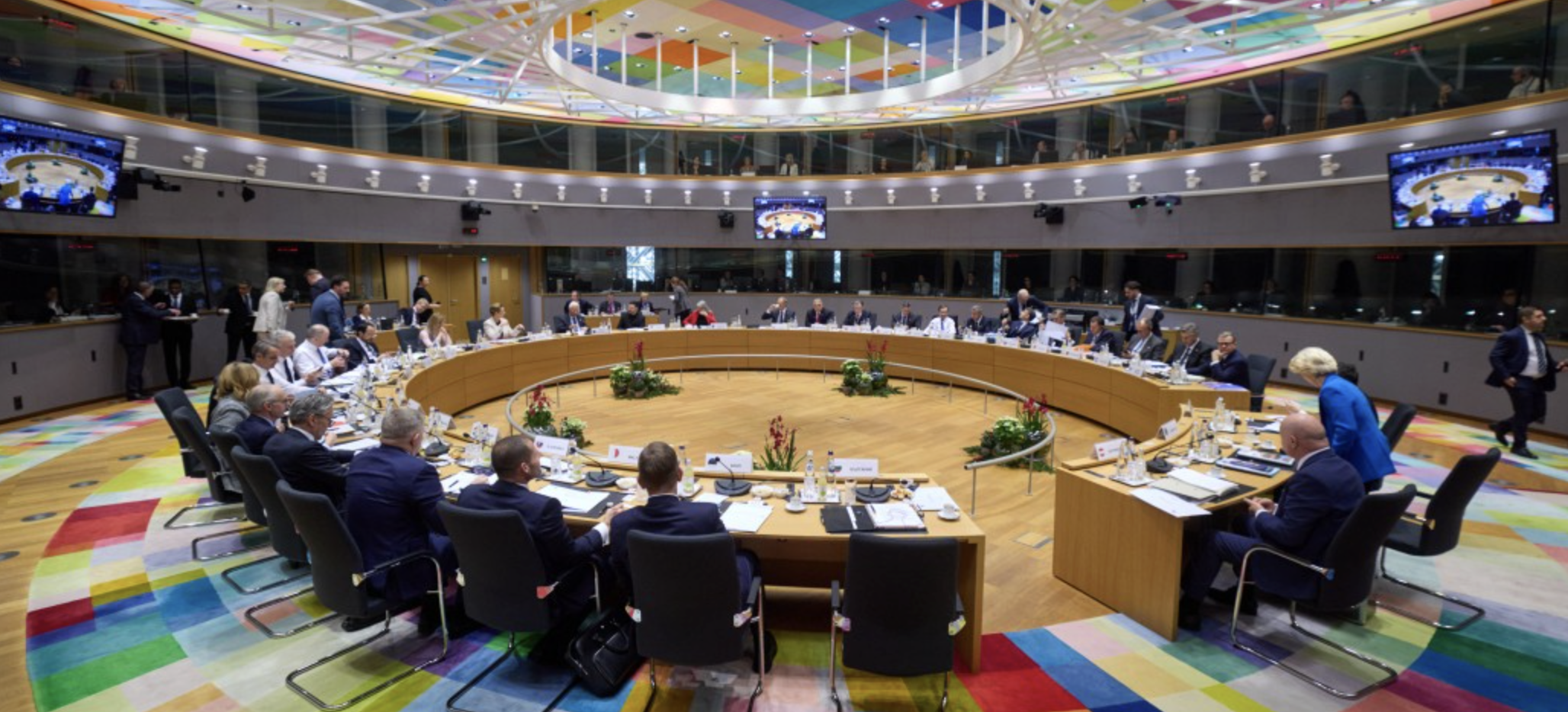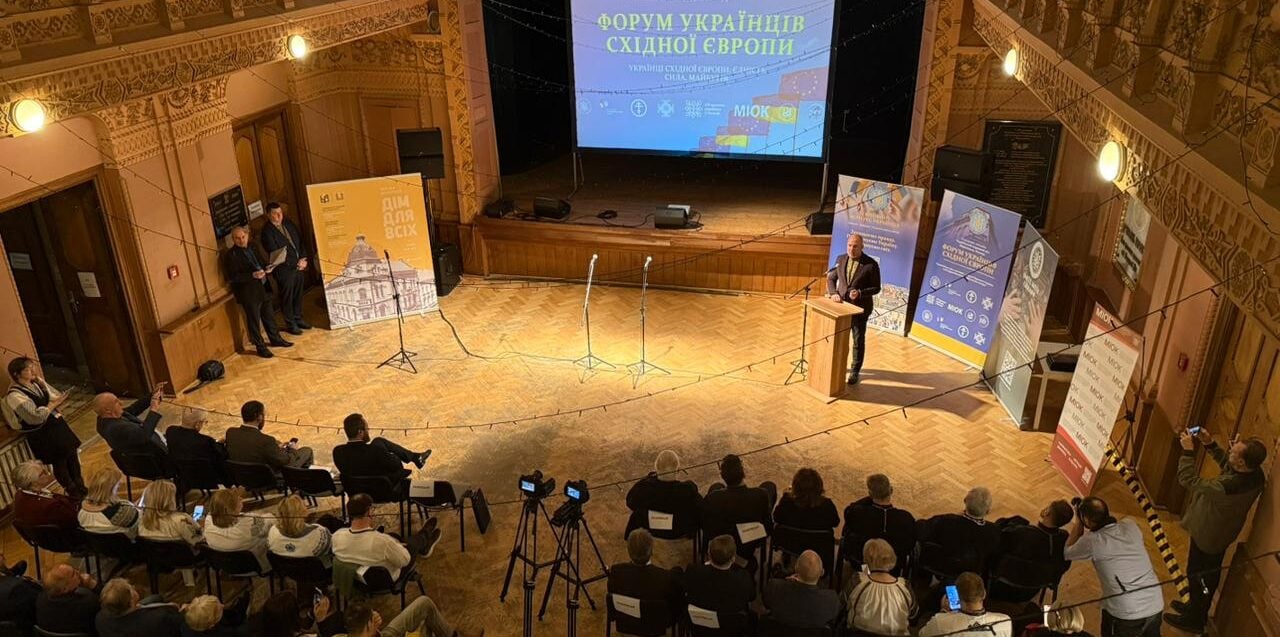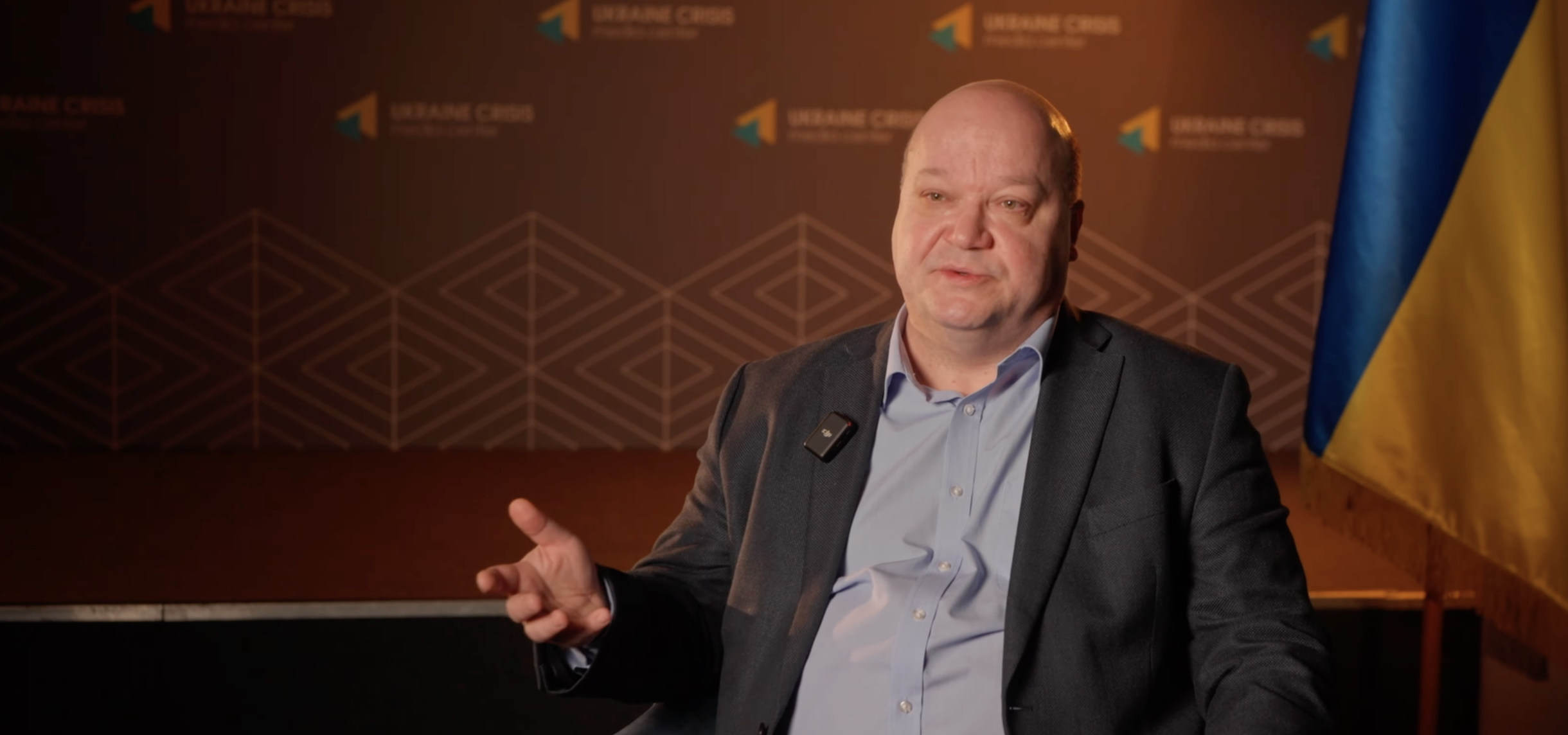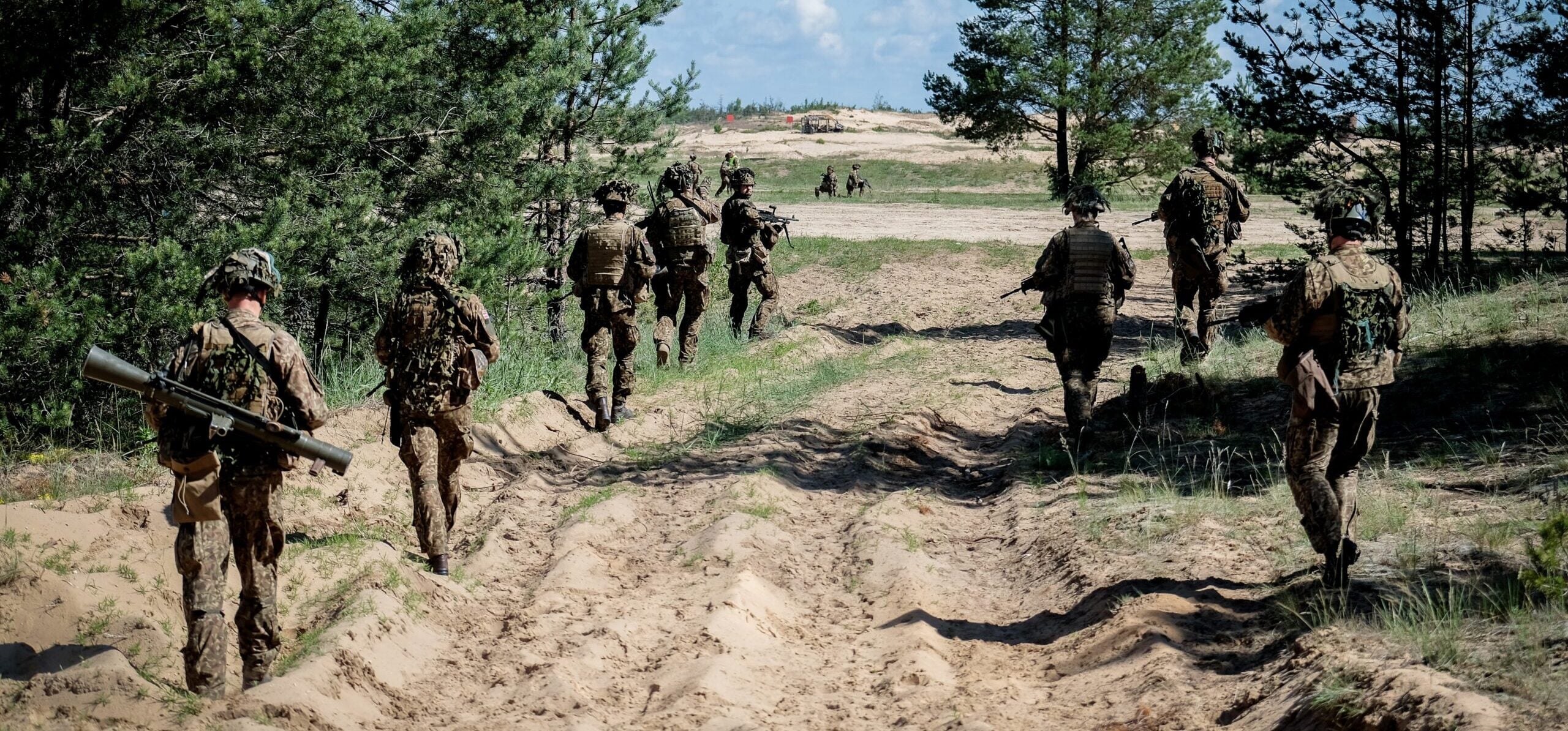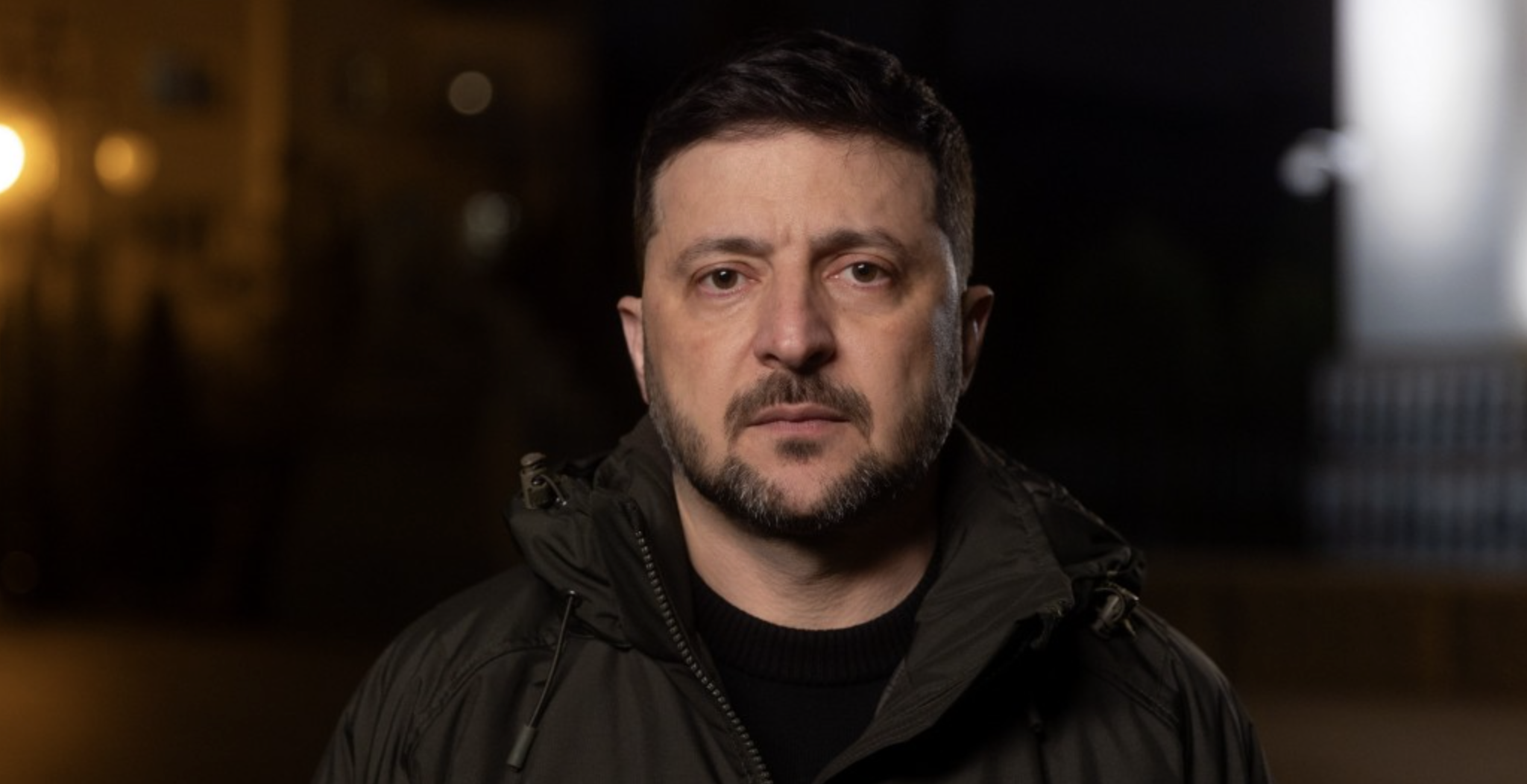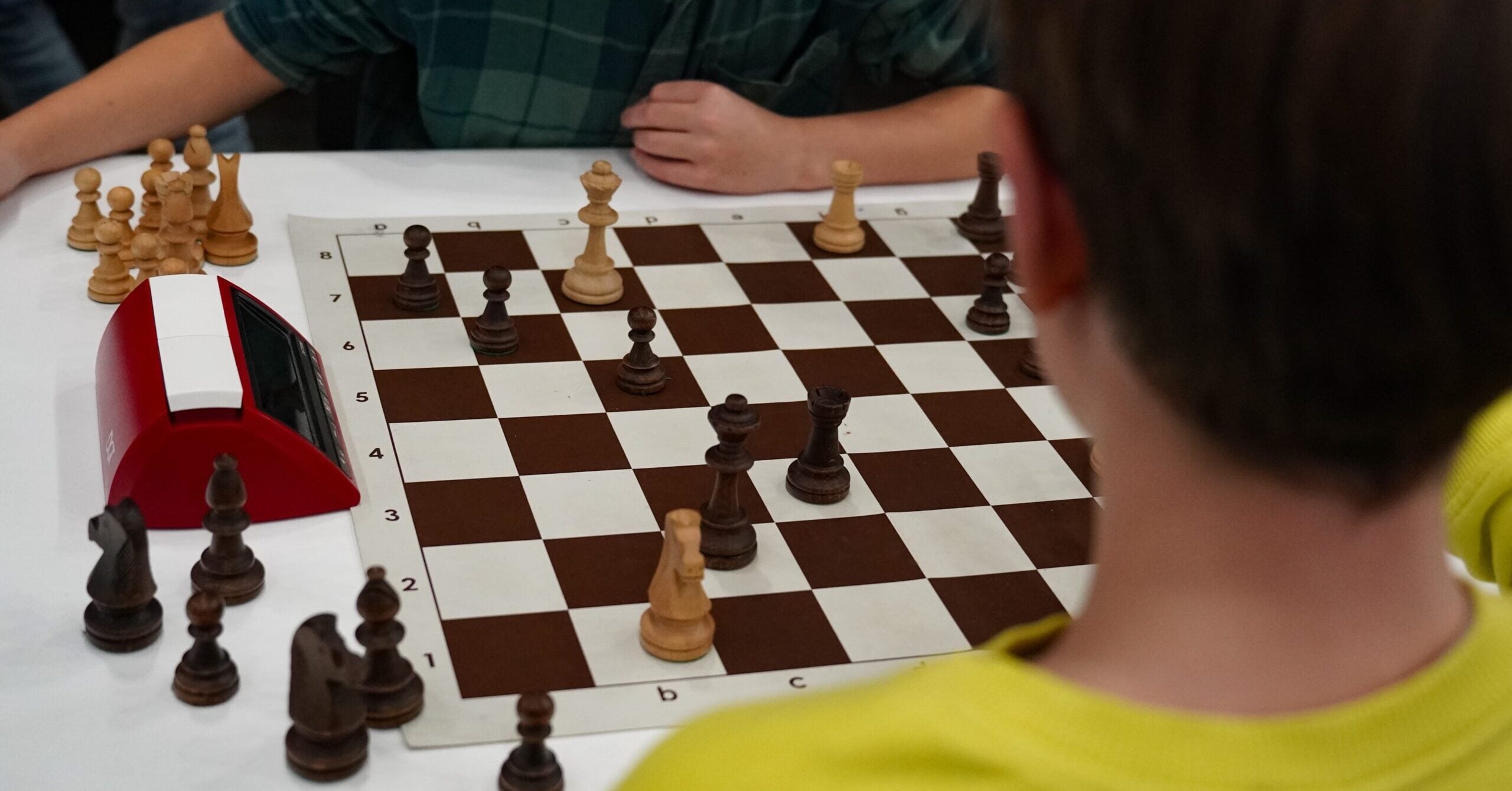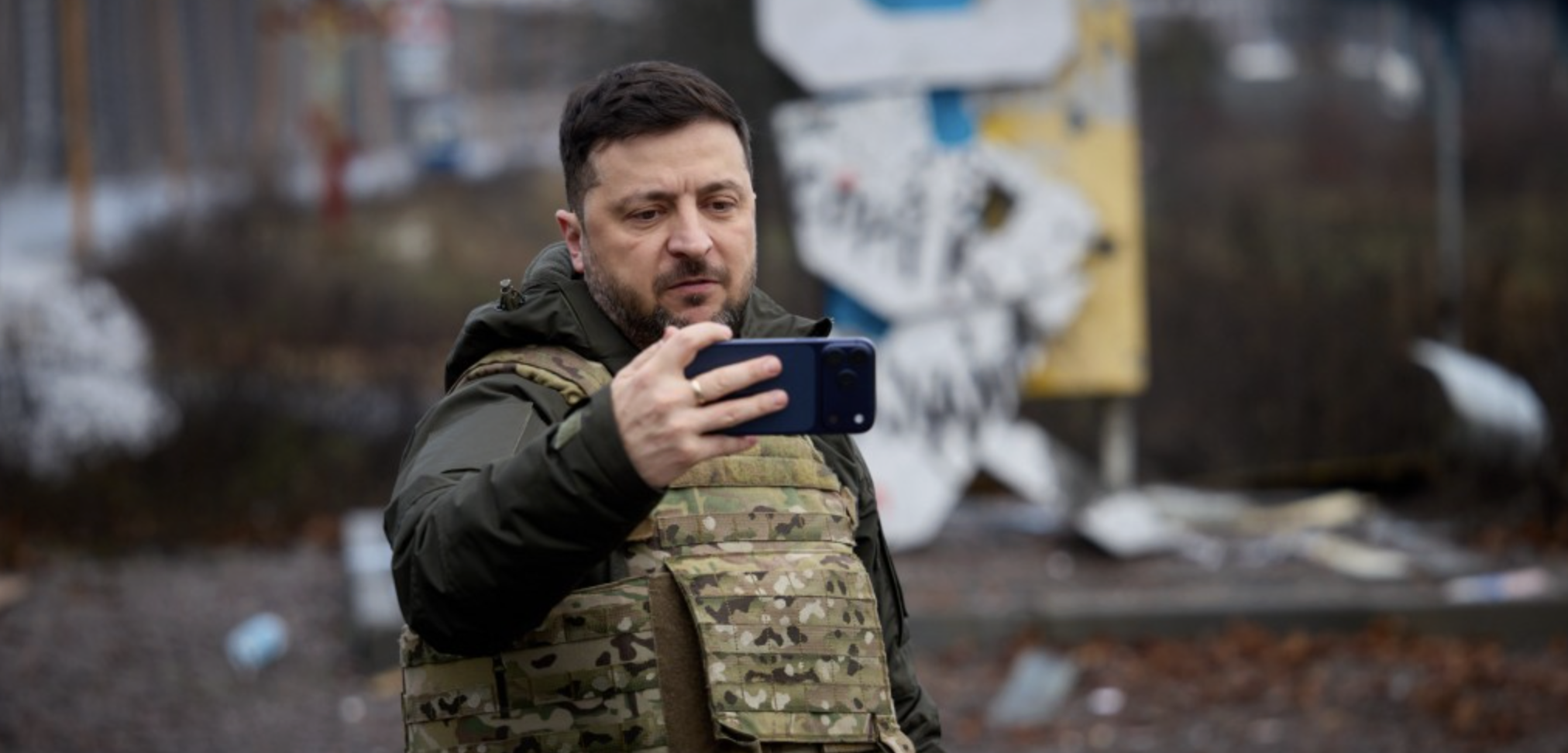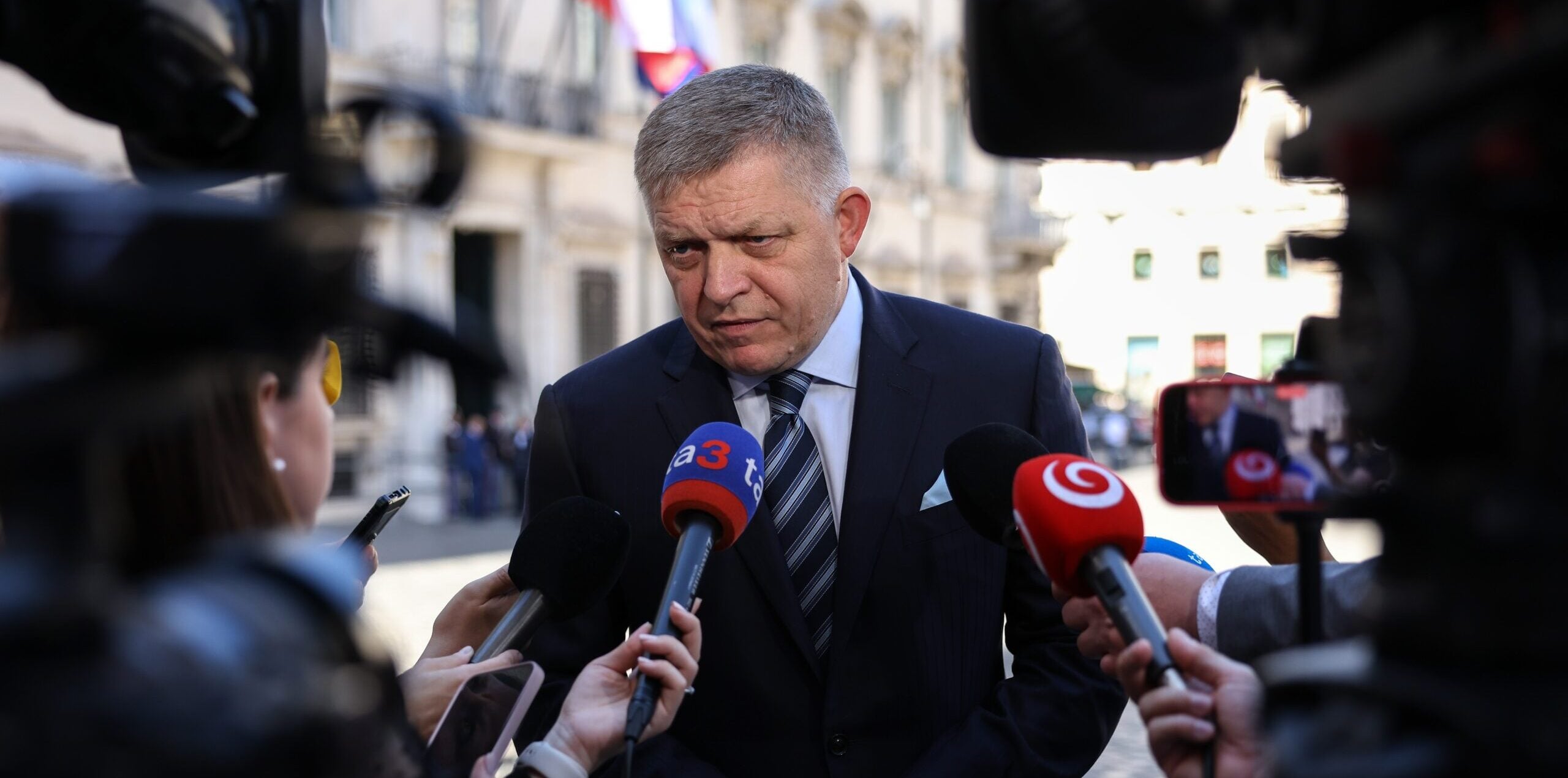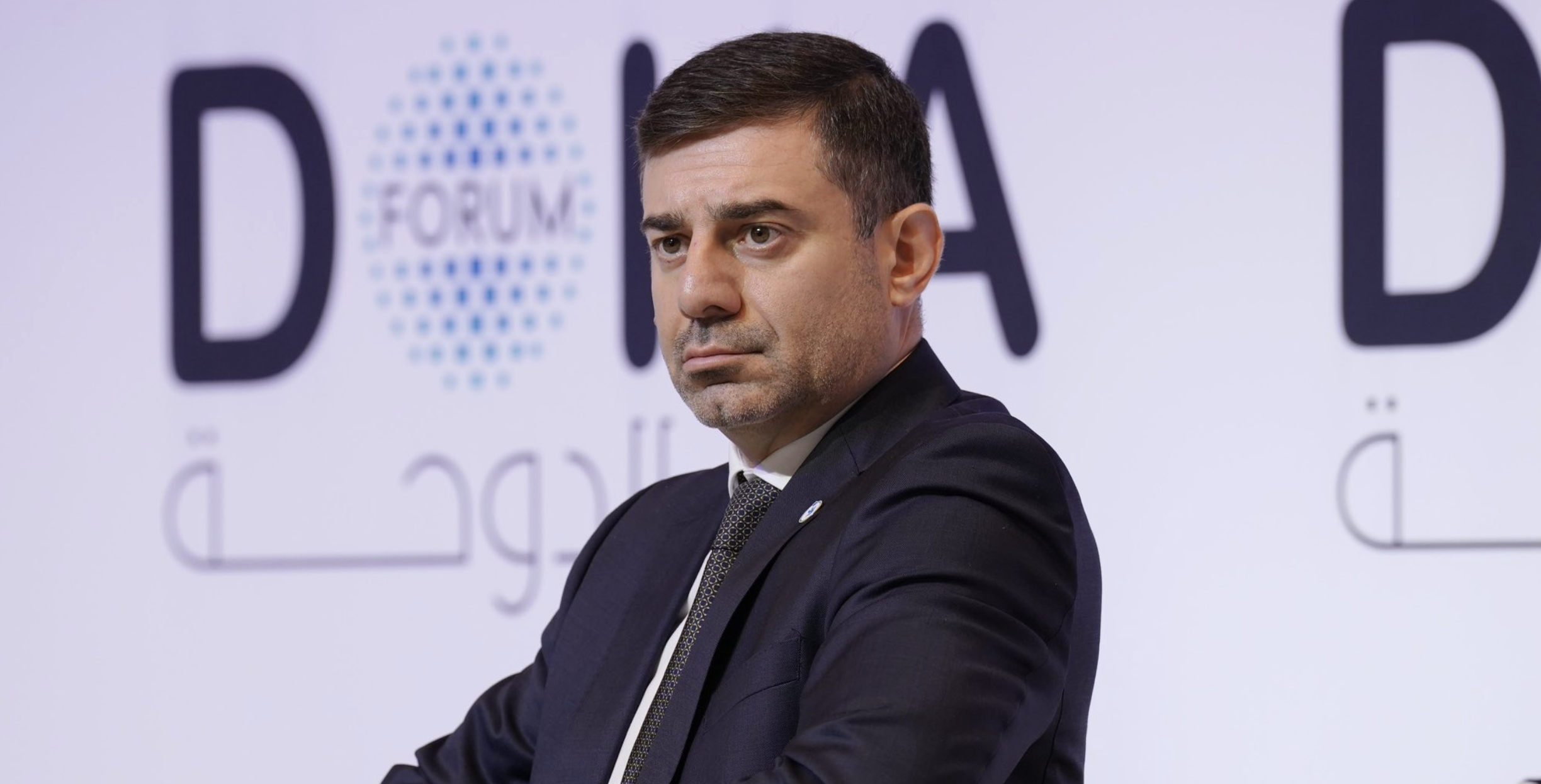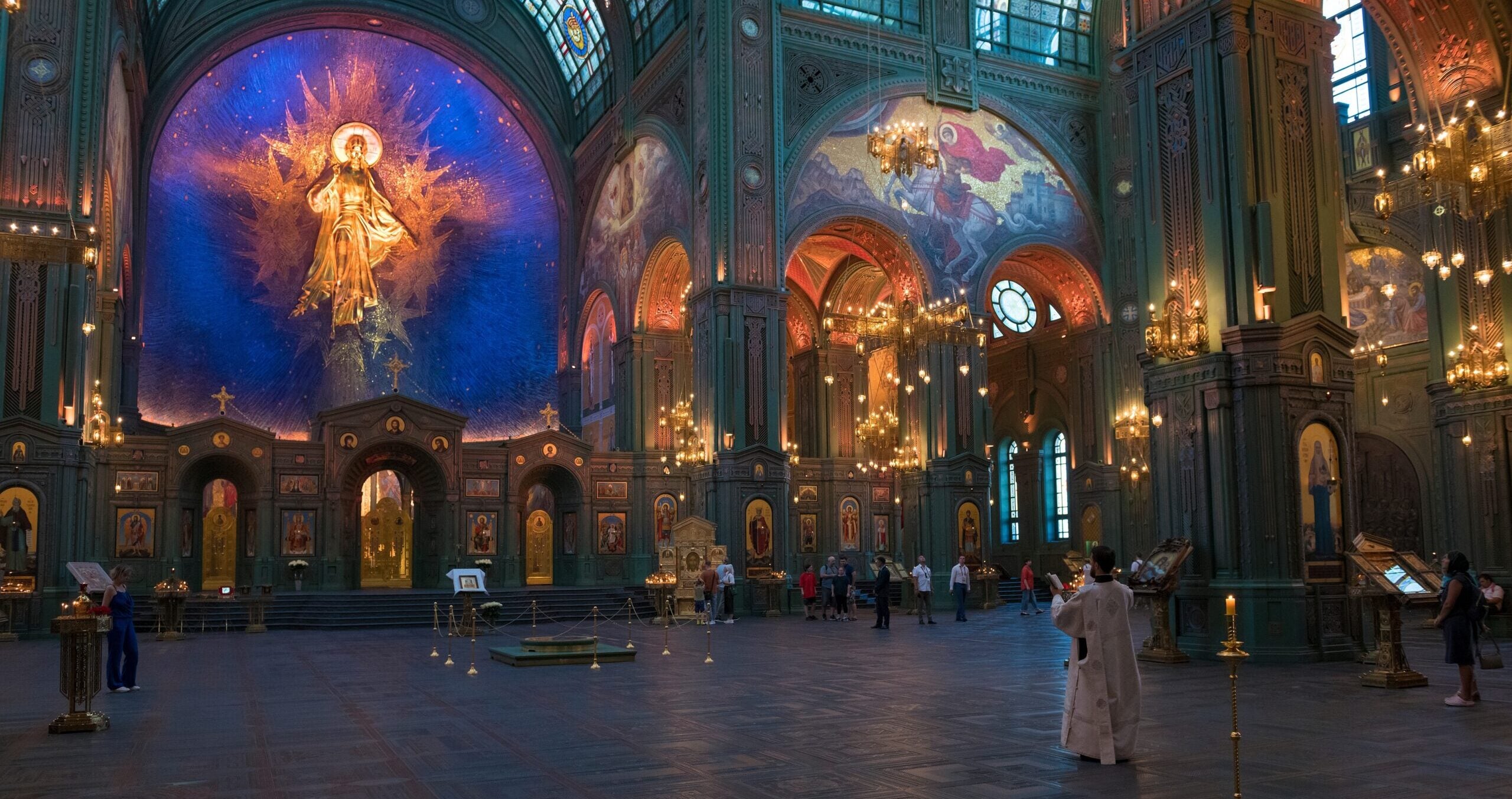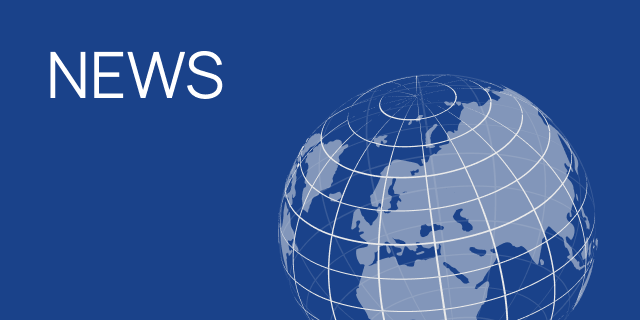
UKRAINIAN WORLD CONGRESS
INTERNATIONAL ELECTION OBSERVATION MISSION
Parliamentary Elections, Ukraine – 28 October 2012
PRELIMINARY STATEMENT
Kyiv, Ukraine. October 29, 2012 – The Ukrainian World Congress (UWC) is the largest non-government funded International Election Observation Mission (the Mission) monitoring Ukraine’s Parliamentary Elections of October 28, 2012. The Mission fielded over 250 observers from 20 countries (including observers from the Ukrainian Congress Committee of America, a UWC member organization). The purpose of the Mission is to assess both the pre-election environment and the parliamentary elections. Based on the assessment of the long-term observation mission, which began its activities in early July 2012, the UWC decided to deploy a large short-term election observation mission to every region of Ukraine and several of Ukraine’s diplomatic missions around the world.
The Mission’s conclusions are based upon direct observations by its long-term observer mission and meetings held with officials from state institutions, the election administration, as well as representatives of political parties, media, civil society, and the international community.
During the election campaign, the Mission produced six reports on the Gerrymandering of Electoral Districts, Media Freedom (pre-campaign) in Lead-up to Official Start of Campaign, Election Financing, Media Freedom II (campaign), the Central Electoral Commission, and the Conduct of the Election Campaign.
The Mission has analyzed both the campaign and the elections in light of Ukraine’s international commitments to democracy, the rule of law, freedom of speech, and fair and free elections.
To properly examine whether the elections demonstrate the will of the Ukrainian people, the Mission examined the entire election process in the context of key international standards. These included universal and equal suffrage, a sound legal framework, a level playing field for all contestants in the campaign, impartial and transparent election administration, an election process free of pressure and coercion, impartial and transparent election administration, independent media and balanced coverage, ability to remedy violations of electoral rights, and a voting process that is free of manipulation.
Ukraine continues to hold elections for the Verkhovna Rada (Parliament) every five years on the basis of universal suffrage and a secret ballot. Ukraine’s voters’ list has been overhauled in an attempt to make it both tamper proof and up-to-date. The election campaign did contain vigorous expressions of competing views on major issues by all parties. Although there were substantial impediments faced by the opposition, all parties held meetings, advertised their views and had varying degrees of access to the press.
There were nevertheless serious flaws in the way that the election campaign was conducted. These flaws have clearly affected the electoral vote and, thus, may have an impact on the relative representation of the major political parties in Parliament.
The imprisonment of a number of the principal opposition leaders, in particular the United Opposition Party “Vseukraiynske Obyednannia Batkivschyna” leaders Yuliya Tymoshenko and Yuri Lutsenko, which have been condemned by international jurists, human rights organizations and democratic governments as politically motivated, casts from the outset severe doubt on whether the elections could have been considered to be free and fair.
A worrisome trend has been the decline in access to media coverage in Ukraine that has accelerated over the course of the election campaign. As the government and its supporters control most media outlets in Ukraine, election coverage has been largely in favour of the government and pro-government political forces. Political advertisements disguised as regular articles and broadcasts have been placed by several political parties and have constituted a major part of Ukrainian media content.
Many of the few remaining independent media channels have faced significant state-sanctioned pressure from tax and regulatory authorities. Only after pressure from the Ukrainian and international communities, the government has pulled-back in one the most prominent case of harassment which involved the television station TVi. Domestic and international pressure has also stopped the Ukrainian Parliament from adopting a law seeking to criminalize libel. Local journalists have reported a growing number of harassment and assault cases. Such a situation is incompatible with the free expression of all points of view involved in democratic elections.
The lack of transparency in the source of funds for the campaign, and of effective control of expenditures, the employment of government manpower and financial resources, and the offer of money by many parties and candidates as inducements to influence voters are not in accordance with international standards in the area of campaign finance.
The independence and impartiality of the Central Electoral Commission (CEC), which are central to the credibility of the election results, are under question on issues of:
· the delimitation of the boundaries of the constituencies,
· the lack of openness and transparency in many of the CEC’s decisions, and
· an imbalance in the representation of the principal political parties in the District Electoral Commissions (DECs) and the Precinct Electoral Commissions (PECs).
On election day, approximately 250 UWC Short Term Election observers (UWC STOs) monitored the elections in 12 oblasts of Ukraine including Cherkassy, Chernivtsi, Dnipropetrovsk, Donesk, Ivano-Frankivsk, Kharkiv, Kyiv, Lviv, Odessa, Poltava, Sumy, Zaporizhzha and the Crimean Autonomous Republic. UWC STOs were also present at many Ukrainian diplomatic missions throughout the world.
UWC STOs visited polling stations including, among others, prisons, hospitals, schools and other institutions of higher learning; and local and district elections commissions, varying the length of stay at each site as necessary.
In monitoring the election process and the vote tabulation, UWC STOs reported several serious violations such as duplicate ballot boxes, a great surplus of ballots in relation to the number of registered voters at certain polling stations, and a deficiency of ballots at other polling stations. In addition, significant restrictions on the ability of UWC STOs to effectively observe voting and vote counting were noted at certain polling stations. In certain circumstances, election commissioners refused toprovide copies of election protocols to UWC STOs.
UWC STOs also noted serious organizational deficiencies such as late opening of polling stations, lack of voter privacy, insufficient number of protocols for reporting purposes, and ineffective video monitoring systems.
These violations and deficiencies undoubtedly affected the electoral results; however, it is difficult at this time to quantify their impact. Notwithstanding the above, the majority of the voting public appears to have been able to exercise their voting rights at the polling stations on the day of the elections.
In the view of the Mission’s long and short term observation findings, the 2012 Parliamentary Elections in Ukraine have not met all international standards for the conduct of democratic elections.
This preliminary statement is delivered prior to the completion of counting and tabulation, the announcement of preliminary and final results, and adjudication of possible complaints and appeals. The Mission will publish a comprehensive final report, offering recommendations for potential improvements after completion of the process. The Ukrainian World Congress expresses gratitude to the Ukrainian people for their hospitality during the work of the International Election Observation Mission.
Tamara Olexy Paul Grod Derek Fraser
Co-Head of Mission Co-Head of Mission Chief Observer
Media Contact
|
6 Muzeyny Provulok, First Floor Kyiv, Ukraine 01001 Tel. (+380 440 495-85-40 (41) [email protected] |
145 Evans Avenue, #2-7, Toronto, Ontario, Canada M8Z 5X8 Tel. 416-323-3020 Fax: 416-323-3250 e-mail: [email protected] www.ukrainianworldcongress.org |
About UWC
The UWC is the international coordinating body for Ukrainian communities in the diaspora representing the interests of over 20 million Ukrainians. The UWC has member organizations in 33 countries and ties with Ukrainians in 14 additional countries. Founded in 1967 as a non-profit corporation, the UWC was recognized in 2003 by the United Nations Economic and Social Council as a non-governmental organization with special consultative status.
